How Accounting ERP Streamlines Financial Management and Reporting for Organisations in Qatar
The adoption of the ERP system in Qatari organisations in the early 2000s sparked a revolution in the standardisation of accounting and reporting practices. It laid the foundation of large-scale digital transformation, moving large enterprises towards centralised, data-driven operations. Accounting ERP systems have dramatically improved financial management and reporting by integrating complex operations. Qatar’s evolving economy, defined by ambitious national initiatives and changing compliance protocols, has made advanced, cloud-based ERP solutions the gold standard for businesses.
Qatar’s shift to integrated accounting ERP
Qatari organisations relied on legacy accounting systems or isolated accounting packages like Tally and QuickBooks. However, with the increasing regulations on Corporate Tax, VAT, and ESR, enterprises turned towards accounting ERP for operational automation and complete financial discipline. Let’s say there’s a trading firm operating between Qatar and Oman. Now, this firm can easily handle intra-company transactions, gain real-time financial visibility by consolidating books using an accounting ERP software. Plus, the firm can handle everything from management to reporting from a single platform.
Simplifying regulatory compliance in Qatar
Qatar has a set of fixed regulatory compliance, and organisations here have to abide by it. Critical compliances include GRSIA and WPS. Companies must be ready for e-invoicing, which is now a mandate in Saudi Arabia and will soon spread all over the GCC. ERP solutions tailored for Qatari enterprises provide automated payroll calculations, seamless regulatory reporting, with complete data security, all customised for country-specific hosting requirements.
Financial planning and management
Accounting ERP integrates finance with operations including inventory, HR, procurement, and CRM. This helps eliminate data silos and improve efficiency and productivity. Today, Qatari organisations with deployed accounting ERP systems benefit from real-time dashboards for receivables, liquidity, and expense tracking. With advanced features such as automated entries and reconciliations, there is minimal risk of manual mistakes and maximum accuracy in reporting. Then there are integrated modules that support multi-currency transactions and multi-entity financials that are crucial for diversified trading and manufacturing companies.
Cloud adoption in Qatar
In recent years, there has been a significant shift of enterprises in Qatar from on-premise ERP to cloud-based solutions. The primary reason behind this shift is cost savings, quick deployment, and scalability. Cloud-first ERP solutions offer remote access and easy, hassle-free updates. Such work flexibility is a boon for remote and hybrid work cultures and organisations eyeing regional and international expansion. Moreover, Qatar’s National Vision 2030 aims for the complete digitisation of businesses, and organisations are widely inclining towards cloud-based ERP solutions to align with their country’s vision and be future-ready for scalability and growth.
Bottomline
Qatari business leaders are actively supporting and adopting advanced types of ERP solutions for high profitability. HostBooks’ premium accounting ERP software offers local ERP features for business success in Qatar, including Arabic language interfaces for finance, WPS, and CRM modules. This makes HostBooks the best ERP solutions provider in Qatar. If you want to achieve agile business growth with our premium range of ERP solutions, then contact our team today!

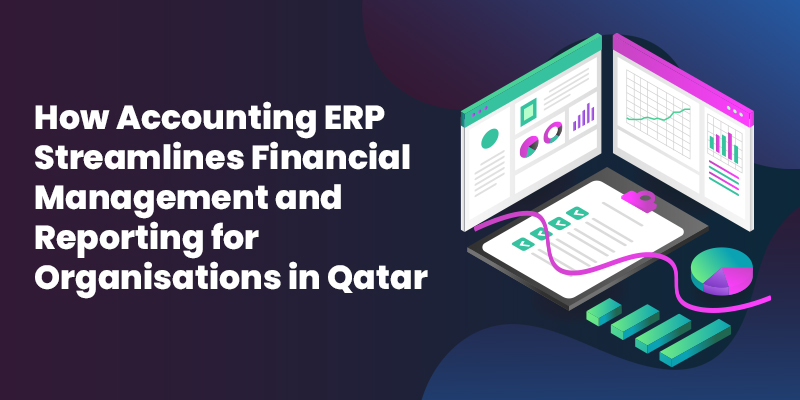
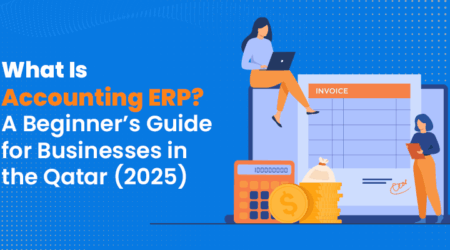
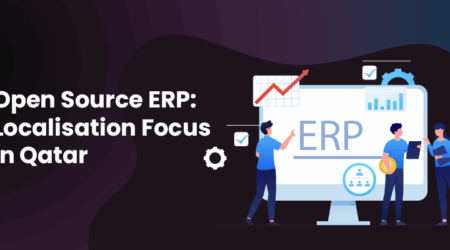
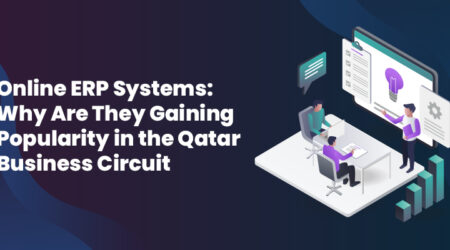
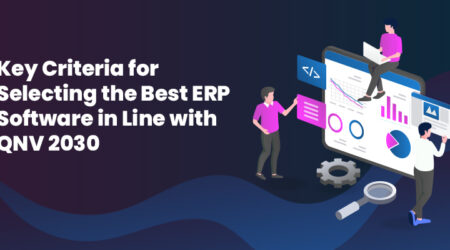
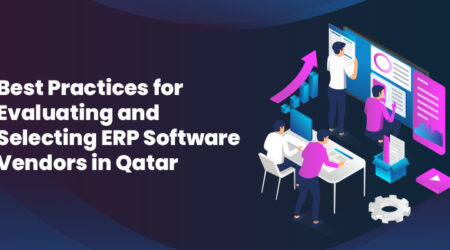
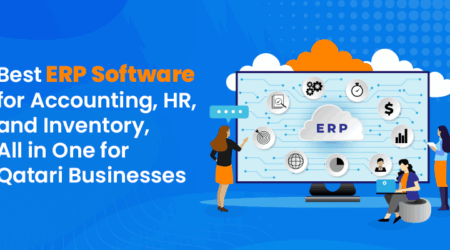

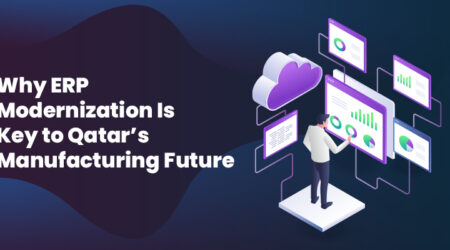
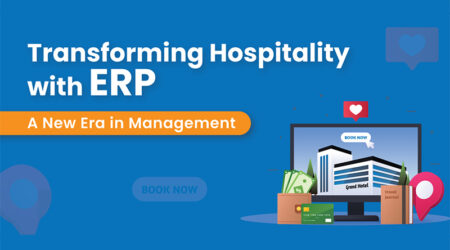
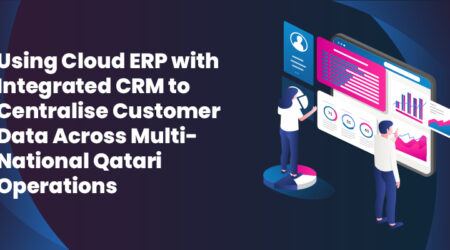
Leave a Reply